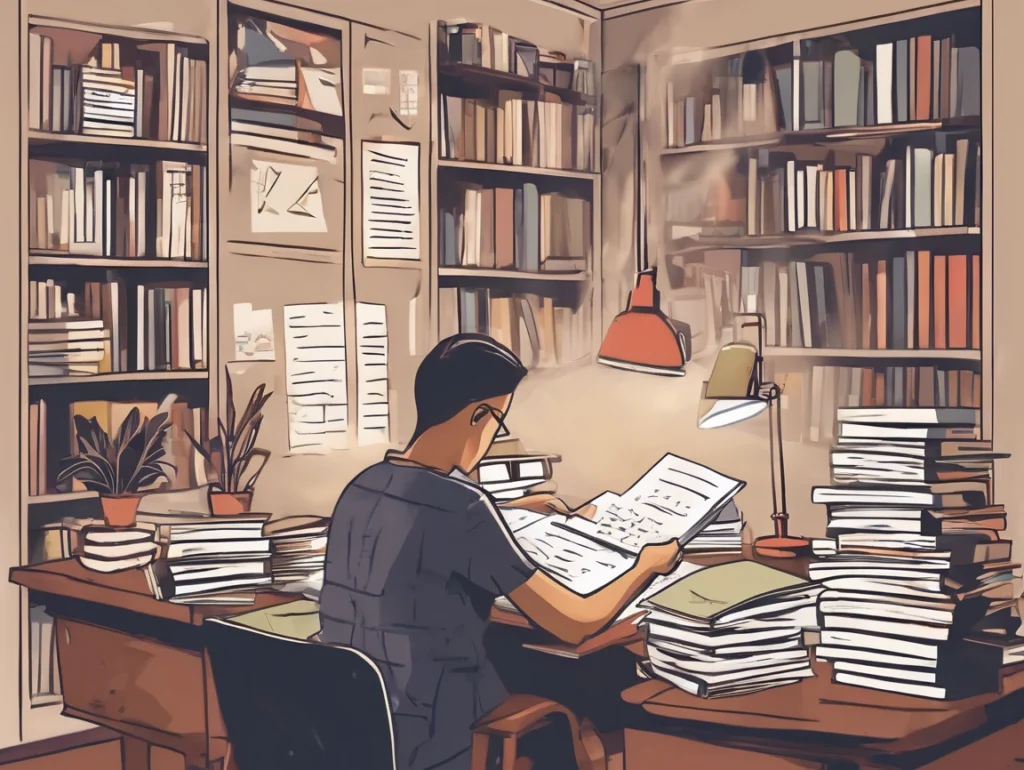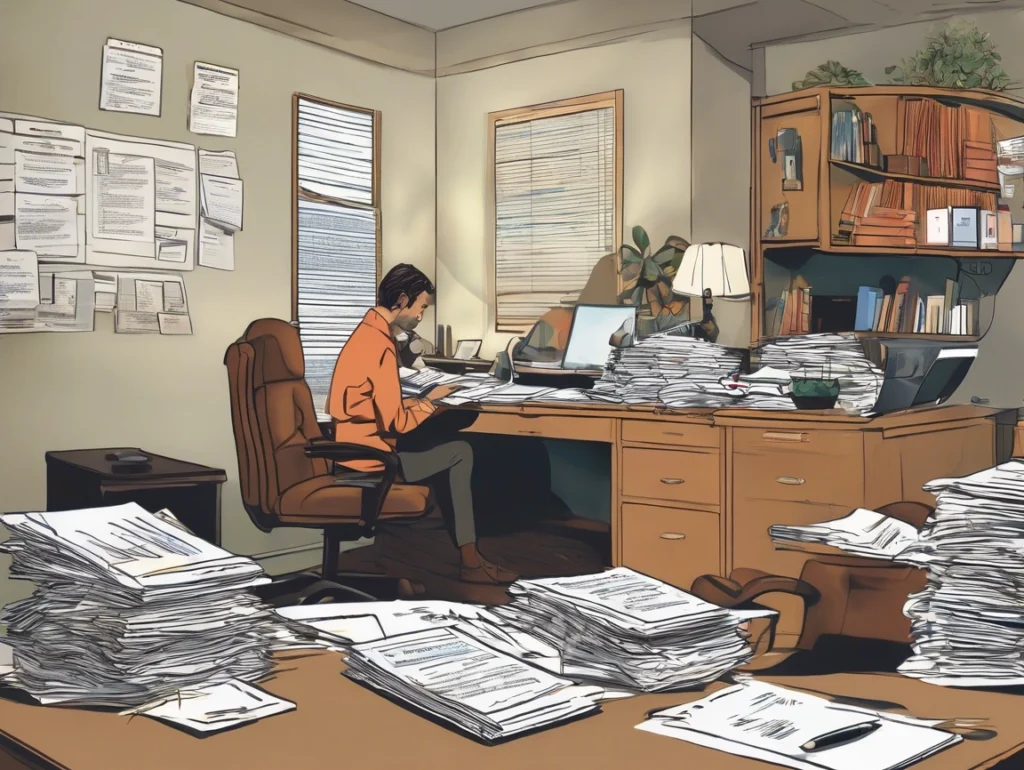Men’s mental health has historically been overlooked, but search data show that men are increasingly looking for support. In 2025 the search term “therapy for men” receives around 60,000 searches per month and has been growing rapidly. As an LMFT based in California, I want to help men understand why seeking therapy is not a sign of weakness and how to find the right support.
Why Men’s Mental Health is Trending
In recent years there has been greater awareness of how depression, anxiety, and trauma manifest differently in men. Campaigns encouraging men to talk about their feelings, high‑profile celebrities sharing their struggles, and the rise of mental health content on social media have all contributed to this trend. Many men quietly deal with stress, anger, isolation and relationship issues because they fear being judged. Acknowledging these experiences is the first step toward healing.
Common Issues Men Face
Men often face unique challenges when it comes to their mental and emotional health:
- Stigma and shame: Societal expectations often tell men to be stoic and to avoid showing vulnerability.
- Relationship difficulties: Communication issues, sexual concerns and intimacy challenges can build up over time.
- Work and financial stress: Pressure to provide for a family and excel professionally can lead to burnout and anxiety.
- Fatherhood and parenting: Many men struggle to balance being a supportive partner and engaged parent while managing other responsibilities.
- Anger and substance use: Suppressed emotions can manifest as irritability or reliance on alcohol and drugs.
How to Find a Therapist for Men in California
Finding the right therapist can feel daunting, but there are many resources available:
- Use therapist directories and search for keywords like “male therapist in California” or “therapy for men near me.” Look for clinicians who specialise in men’s mental health or couples work.
- Consider telehealth: Online therapy platforms let you meet with a licensed therapist from the comfort of your home. This can be especially helpful if you live in a rural area or have a busy schedule.
- Check credentials: Licensed Marriage and Family Therapists (LMFTs), psychologists and social workers all provide counseling. Make sure your therapist is licensed in California and has experience treating issues that resonate with you.
- Explore group therapy: Support groups for men can help you connect with others facing similar challenges.
Recommended Resources
If you want to learn more or begin your journey, these resources may help:
- Books for men: I Don’t Want to Talk About It by Terrence Real explores male depression, while No More Mr. Nice Guy by Robert Glover helps men recognise and change unhelpful patterns.
- Men’s support groups: Organisations like the ManKind Project and Men’s Group offer workshops and online meetings focused on growth and emotional intelligence.
- Mental health apps: Apps like Headspace or Moodfit provide mindfulness exercises, guided meditations and mood tracking to supplement therapy.
Reaching out for help is a sign of strength. If you’re ready to begin, consider contacting a therapist in your area or exploring the resources above to start your journey toward better mental health.



